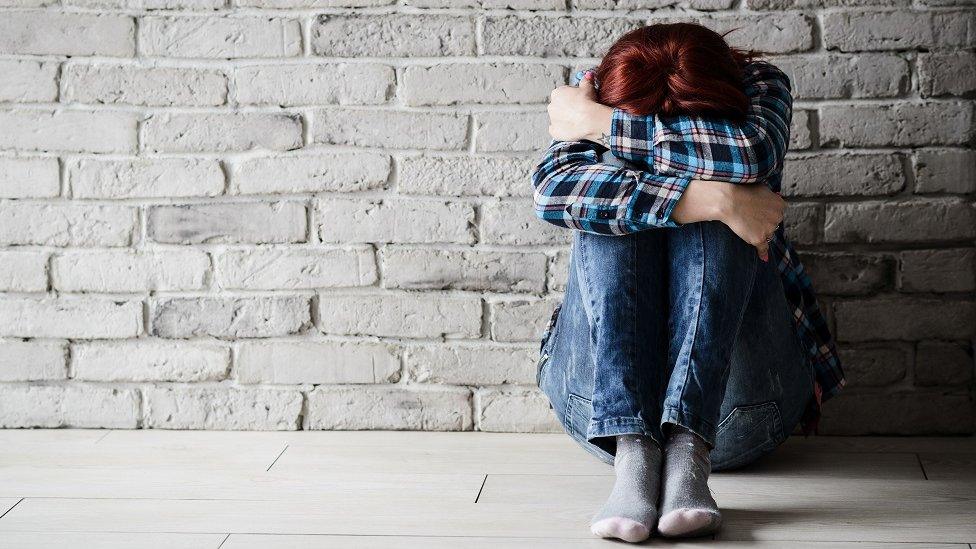New law comes into force on sex crime court cases
- Published

New laws have come into force aimed at improving the way sexual offences are dealt with in courts in Scotland.
Judges are now required to give special information to jurors in some trials, including that many victims of rape or sexual assault "freeze" rather than fight back.
The move is designed to challenge any pre-conceived notions jurors may have about how a person should react when they are a victim of a sexual offence.
Rape Crisis Scotland welcomed the move.
Sandy Brindley, co-ordinator for the organisation, said: "Survivors often tell us that during a rape they froze and were unable to fight back or scream.
"This is a completely natural and common reaction, but not always one that members of the public will necessarily be aware of.
"We welcome the introduction of jury directions in rape cases as a significant step forward.
"Providing jury members with factual information on different reactions to rape should help to ensure that verdicts in sexual offence cases are based on the evidence presented rather than being influenced by assumptions about how rape victims should react."
'Bold response'
Under the new laws, judges will give special information to juries in certain sexual offence trials, including where there is a delay in the victim reporting the crime, where there is no evidence of physical resistance by the victim and where the perpetrator has not used physical force.
The Abusive Behaviour and Sexual Harm (Scotland) Act 2016, external also sees the introduction of a new statutory aggravation which means courts will be required to take into account whether or not an offence involved abuse of a partner or ex-partner.
Rape Crisis Scotland launched an awareness campaign in March
The act further introduces an extension of the law concerning certain sexual offences committed against children, to allow for prosecution in Scottish courts of offences committed elsewhere in the UK.
The change is aimed at reducing the potential trauma for victims who might otherwise face more than one trial.
Powers to protect victims from further harassment are also being extended by allowing a criminal non-harassment order to be imposed in a wider range of circumstances.
Justice Secretary Michael Matheson said: "Abusive behaviour and sexual harm will not be tolerated in Scotland.
"Tackling these crimes requires a bold response and speedy and effective enforcement, which is why we have introduced new laws to improve the way our justice system responds.
"By continuing to modernise the law we can support victims in accessing justice and ensure perpetrators are properly held to account for their actions."
- Published7 March 2017
